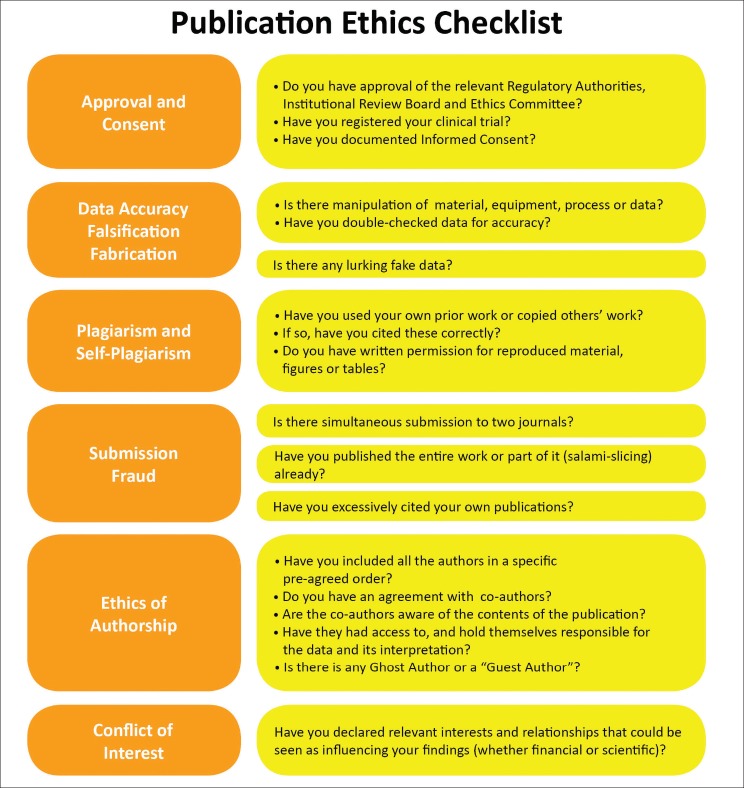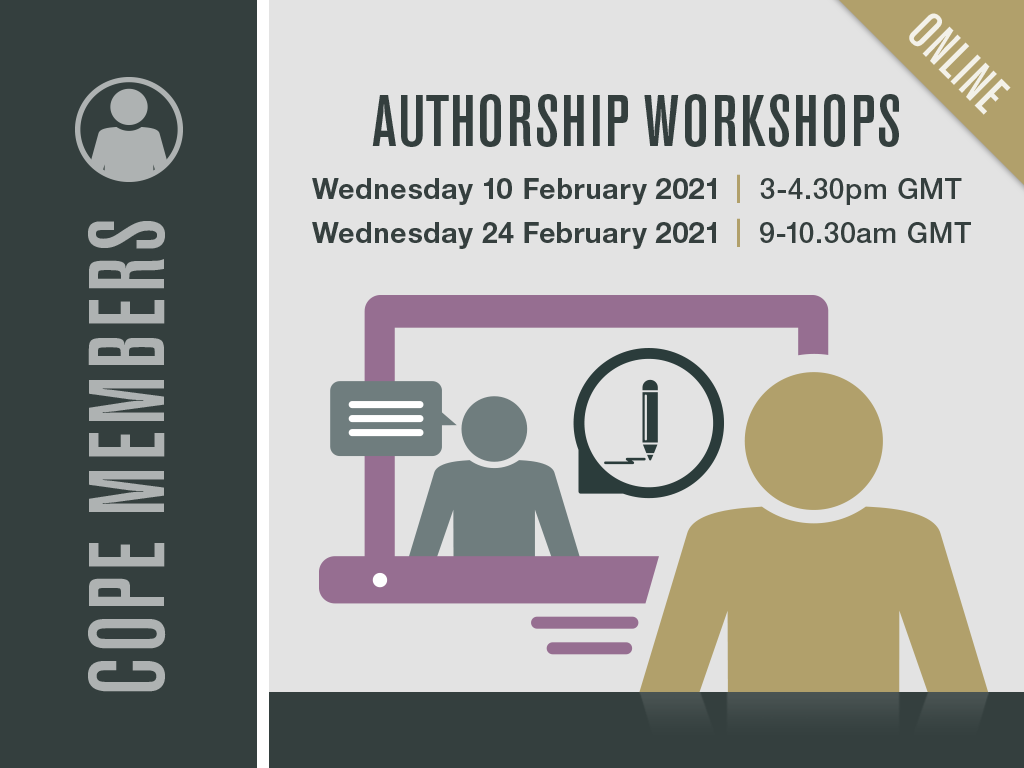Academic Integrity

Photo by Andrew Neel on Unsplash
Note – this page is still under construction
Academic Integrity
Academic integrity An interview with Tracey Bretag. To cite: Michael A. Peters (2019) Academic integrity: An interview with Tracey Bretag, Educational Philosophy and Theory, 51:8, 751-756, DOI: 10.1080/00131857.2018.1506726
Publication Ethics
Some authors may engage in intentionally or inadvertently engage in forms of unethical practices. Being aware of publication ethics helps authors, readers, and publishers to consciously avoid such misconduct and perform honest ethical research and pursue publications.
What are publication ethics?

Source: Figure 1. Sabyasachi Sengupta and Santosh G Honavar (2017) Publication Ethics, Indian J Ophthalmol. 2017 Jun; 65(6): 429–432. doi: 10.4103/ijo.IJO_483_17
Publication ethics cases at the COPE Forum
COPE Members bring specific publication ethics issues to the Forum for discussion and advice. The cases are available to read, with advice given and follow up comments from the Member who submits the case.
COPE next Forum is Tuesday 23 March with cases from members and a discussion topic. Register for COPE Forum Tuesday 23 March, 2pm (GMT). The Forum takes place by webinar and is available to members only.
Why are they important?
Copyright & Creative Commons
Fair Use
Citation of Sources
Plagiarism
The link below is for a paper published in 2021, first in EPAT & then in PESA Agora. It is a collective writing article by the current PESA Executive
The case for academic plagiarism education: A PESA Executive collective writing project
COPE – Committee on Publication Ethics

- promotes integrity in scholarly research and its publication
- leadership in thinking on publication ethics and practical resources to educate and support members, and offers a professional voice in current debates.
 December 2020 COPE Forum – follows the usual format where we discuss a topic of interest to our members, followed by members’ cases presented for discussion and advice from all those participating in the Forum. This month the discussion topic is ‘Predatory publishing: where do we go from here?’.
December 2020 COPE Forum – follows the usual format where we discuss a topic of interest to our members, followed by members’ cases presented for discussion and advice from all those participating in the Forum. This month the discussion topic is ‘Predatory publishing: where do we go from here?’.
The Forum is for COPE members. EPAT is a member of COPE
Questions for COPE Forum
- Should COPE use its criteria for membership as an instrument to evaluate standards of scholarly publishing vehicles for the purpose of informing authors, peer reviewers, readers, scholars invited to serve on editorial boards, and universities evaluating scholarly productivity?
- Should COPE and/or other industry organisations form a global compact of signatories to commit to the practice of research and publication integrity and further to the active marginalisation of predatory publishing within the scholarly communities of universities, editors, and publishers?
- Should COPE and/or other industry organisations act as a third party retraction service for authors who have unknowingly published with a predatory publisher which will neither withdraw nor retract the articles at the request of the authors?
This will be discussed at the start of the Forum with guest speaker Dr Kelly Cobey who will describe the Authenticator Project, being developed by the Centre for Journalology, Ottawa Hospital Research Institute, University of Ottawa, Canada.
Cases For Discussion
New cases
- Unable to contact authors
- Simultaneous submission without aiming at duplicate publication
- Authors requesting removal of verbatim text from published paper
- Reviewer’s identity revealed
- Paper published without permission or acknowledgement from institution
READ CASES AND QUESTIONS FOR FORUM
Predatory Publishing
COPE drafted a discussion paper on predatory publishing in 2019, and the dialogue has turned to more practice based solutions.
What are the next steps that COPE, or other industry organisations, might consider as a response to the continued flourishing and growth of predatory journals, conferences, and publishers?
Links

